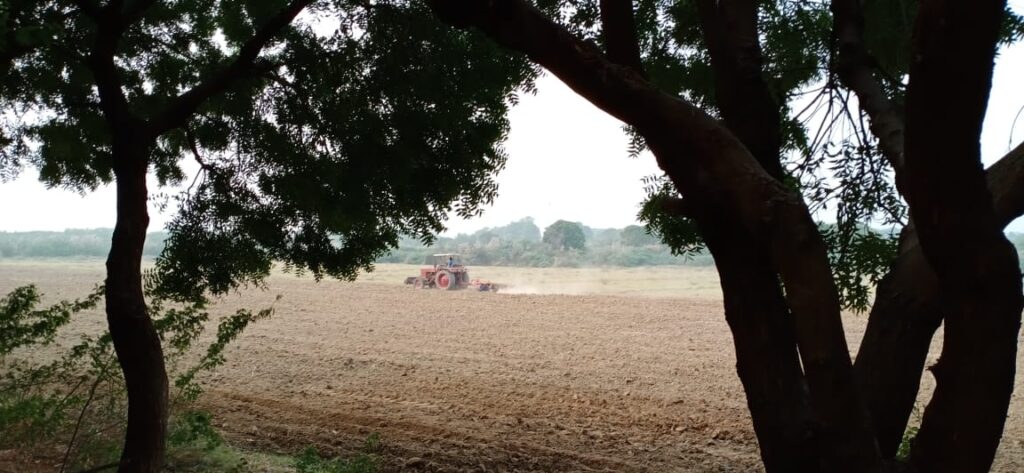Dominant agricultural practices, like monoculture, reduce the moisture content of the soil, which puts excessive pressure on water resources. Currently, agriculture reaches almost 70% of total water consumption. worldwide. Using external inputs By adopting identical systems, hybrids and genetically modified plant variations detract from the genetic diversity of the seeds and reduce their flexibility in adapting to climatic conditions. These practices, coupled with the widespread destruction of agricultural land, make agriculture a major contributor to global greenhouse gas (GHG) emissions and climate change.

Alternative low-input farming practices have emerged in regions around the world that promise lower input costs and higher yields for farmers, food without chemicals for consumers, and improved fertility of the land. . Zero Budget Natural Agriculture (ZBNF) is one of the types of low-input, climate-resistant agriculture that encourages farmers to use low-cost, locally sourced inputs, thus eliminating the use of artificial fertilizers. and industrial pesticides.
This report shows a map of the potential social, economic, and environmental impacts of ZBNF’s Andra Pradesh program in relation to the specific targets of each SDG. ZBNF will help the state of Andra Pradesh make significant progress towards nearly a quarter of 169 SDG targets.
